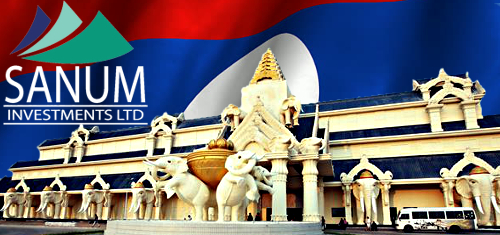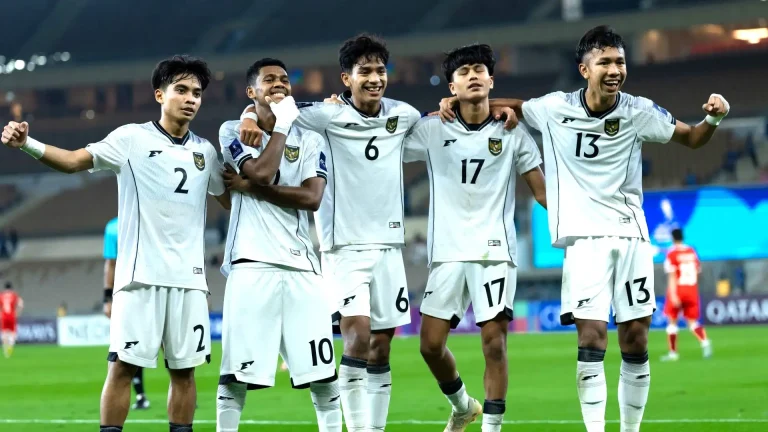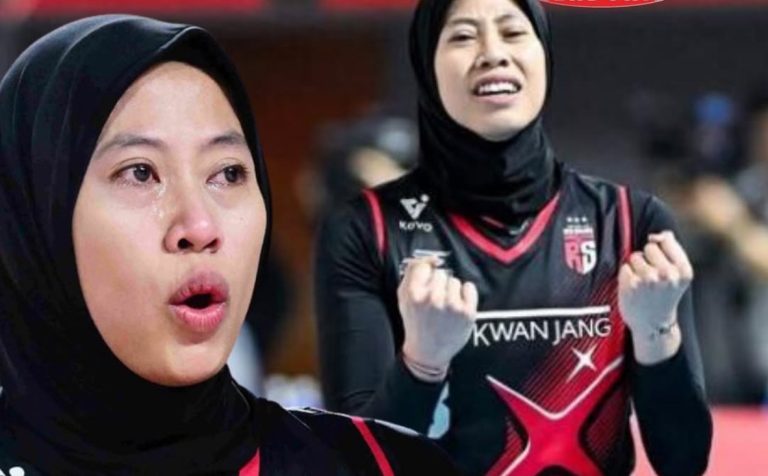In a recent move Macau based casino operator Sanum Investments won its legal case against the government of Laos. Sanum Investments won its appeal against the Laos government in a case for what it claimed was the unjust cancellation of its casino business. Sanum used to operate the Savan Vegas Hotel & Entertainment Complex in Savannakhet province along Laos’ border with Cambodia. However in 2012, the Laotian government seized the property, claiming that the group owed $23m in back taxes and penalties.
Later the five judge Appeal court met in April to hear the case. Sanum Investments which has a joint venture with a Laotian entity in the gaming and hospitality industry, started arbitration proceedings against the Laos government in 2012 based on the China- Laos BIT. In a further move the Laos Government appealed to the Singapore High court last year and produced two diplomatic letters between he Laotian Ministry of Foreign Affairs and the Chinese Embassy in Laos.
The Laotian government eventually sold Savan Vegas to Macau Legend Development for $42m earlier this year. But Sanum Investments has continued to pursue its legal fight with the Laotian government.
An independent arbitration panel in Singapore however ruled that it has jurisdiction over the matter. Sanum Investments argued that the price Macau legend paid for Savan Vegas represented less than 17% if what the actually of property was worth. Sanum’s John Serlo claimed that this company “will only support a sale that is for maximum value, estimated to be $250m.” Sanum believes it is entitled to 80% of the sale price. Sanum is located on a 50-hectare property and Savan Vegas features 92 gaming tables, fewer than 500 slot machines and a 476 room hotel as well as retail dining and nightclub options for its customers.
Chief Justice Sundaresh Menon wrote in judgment grounds last week:
“Simply put, because a treaty is binding in respect of the entire territory of a State, the MTF Rule presumptively provides for the automatic extension of a treaty to a new territory as and when it becomes part of that State.”
Senior Counsel Michael Hwang in a 2015 article said, “marked the first time that Singapore courts have had to review an investment treaty arbitral award as well as to deal with the interpretation of a BIT to which Singapore is not a party.”
















